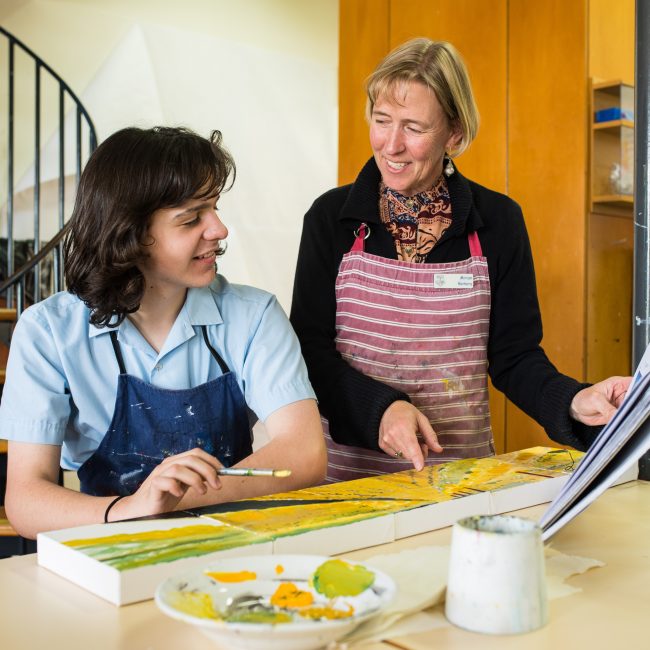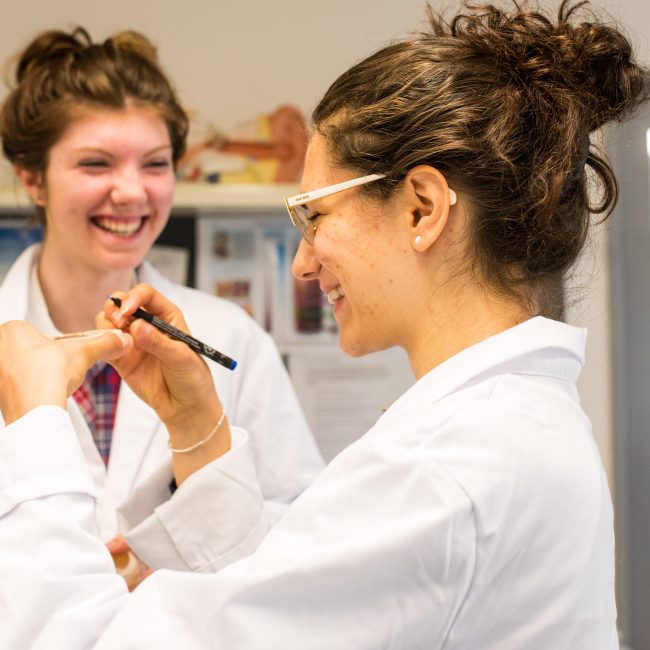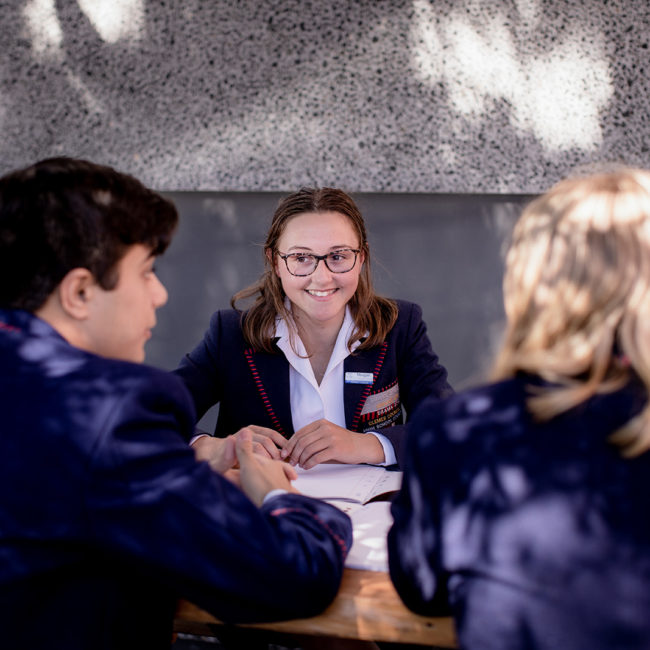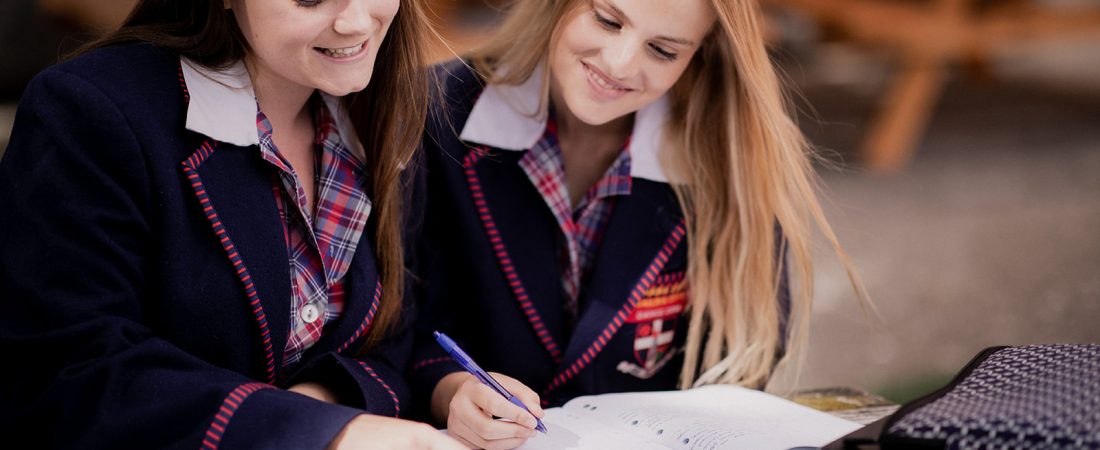
Access & Inclusion in the Primary School
Integral to the philosophy of support at the Primary School is the notion that everyone needs additional support in some area at some stage of their life.
This means that we try to create an environment where seeking help and acknowledging personal strengths and weaknesses is valued.
The Access & Inclusion team in the Primary School provide programs for individuals in a variety of areas.
These areas include literacy, numeracy, social-emotional learning, occupational therapy, language programs and extension.
These programs are designed after detailed assessments of each child’s specific needs along with consultation with parents, teachers and other professionals that may be involved.
Program delivery is flexible and determined by individual needs. For example, some children work in a small group in the Support Centre; some children work 1:1; others’ needs are best catered for by working with a support person in the classroom.
The Support Centre teachers work closely with parents and teachers. The Support Centre is staffed by three teachers, four part-time learning assistants and a part time psychologist. A speech pathologist and occupational therapist also work closely with the staff in the Support Centre.
A curriculum focussed on wellbeing
In the Primary School, there is a Social and Emotional Learning Scope and Sequence that guides the explicit teaching of this subject matter both within and outside the Programme of Inquiry.
At each year level students explore the same five composite skills at developmentally appropriate levels. These five composite skills are:
- Self Awareness – identifying emotions, recognising strengths
- Social Awareness – perspective taking, appreciating diversity
- Self Management – managing emotions, expressing emotions appropriately, goal setting
- Responsible Decision Making – analysing situations, assuming personal responsibility, respecting others, problem solving
- Relationship skills – communication, building relationships, negotiation, refusal.
Additional externally provided programs support this scope and sequence. These include:
A Self Protective Behaviours program for Kinder, Prep and Year 1
A course on becoming adolescents for Years 2 to 6
A program to support safe and ethical use of digital technologies (K–6).
Access & Inclusion in the Middle School
Support for learning, at all levels, is provided through an in-class, integrated (rather than separately timetabled) approach. This ensures that students still benefit from access to all learning areas and provides greater flexibility to support the full range of students.
Access and Inclusion staff are also ‘timetabled on’ as an integral part of the cross-disciplinary teaching and planning teams, and the concurrent timetabling of those programs allows dynamic groupings (including ‘pull-out’ groups) to support and extend students in specific combinations suited to each learning situation.
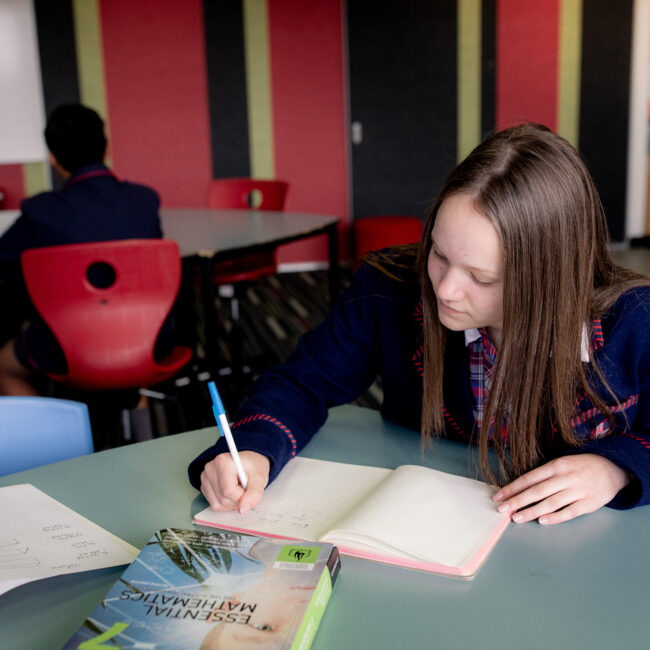
Access & Inclusion in the Senior School
Learning Support in the Senior School is offered in a number of ways.
- Subject Support study line
- In-class support
- Learning Support provided by other students
Subject Support study line
For those with clearly identified additional educational needs there is a study line called Subject Support.
This is designed to underpin the core curriculum. We recognise that Senior School students want to achieve success regardless of their difficulties and that support needs to be offered in the context of the broader curriculum. It is important that students do not experience their difficulties as an additional burden but something to be managed within their main studies.
The aim in Subject Support is to have groups small enough to guarantee 1:1 student to teacher time and individualised programming.
Subject Support is delivered by specialist Access & Inclusion teachers who liaise closely with subject teachers, the student and their parents; the aim is to develop working partnerships.
In-class support
In addition to the Subject Support timetabled line, the School offers ‘in class’ support.
Access & Inclusion Assistants, often qualified teachers themselves, go into classrooms to provide help to any student needing extra assistance.
Mathematics, Science and Humanities are targeted and both the Mathematics and English departments also provide additional support to classes. We recognise that the journey through Senior School is a challenge for most students, not just those with clearly identified needs and if an Access & Inclusion Assistant is in a class, they will work with any student requiring help. The focus is upon building opportunities for success.
Learning Support provided by other students
Lastly, Learning Support is provided by other students.
The School has an active Student Mentor program. Students who feel that they have a strength in a particular subject area can volunteer to assist another student to build confidence and skills.
Learning Support staff are based in the Student Centre, a recently refurbished listed building in the school’s grounds
There are two classrooms, suited to the small Subject Support classes and the office of the school’s psychologist/counsellor as well as the study for Access & Inclusion teachers and assistants.
The space is also used by a variety of groups within the school’s community during lunchtimes or before and after school.
The Friends’ School recognises that reaching Years 11 and 12 does not mean that additional educational needs disappear.
Study Support is an option for students with identified additional learning needs. Students are usually offered one session per week (although it can be more, if timetabling allows).
This is staffed by an Access & Inclusion teacher who will work with the student to develop and maintain good study strategies, assist with planning and organisation and be available to provide feedback or additional support with core content.
The Senior School also offers timetabled Study Skills time to provide opportunities for more specific support in the areas of Mathematics, Science and English. This is available as an elective for any student in the Senior School.
Studiosity
All students at The Friends’ School are provided with access to the Australian writing, maths, and science feedback service, Studiosity. With a strict ‘help not answers’ policy, the school’s Studiosity service helps students develop their own critical thinking skills and use feedback to improve their own work. The Friends’ School makes the service available to our students and families, year round including holidays. It can be accessed by using our School email address – enquiries@friends.tas.edu.au
